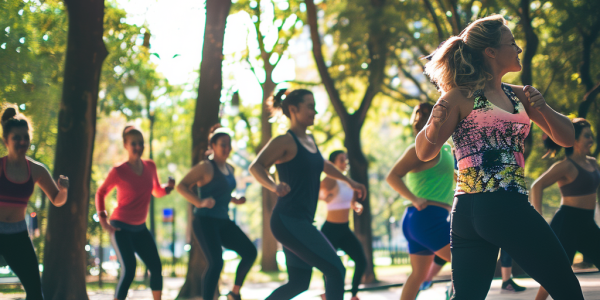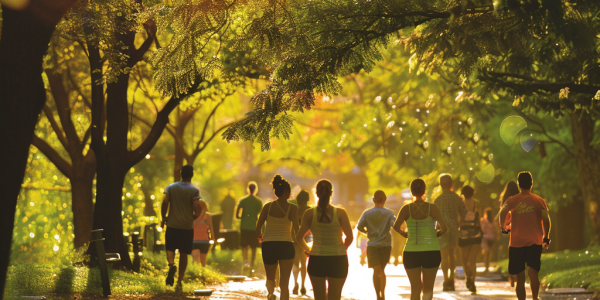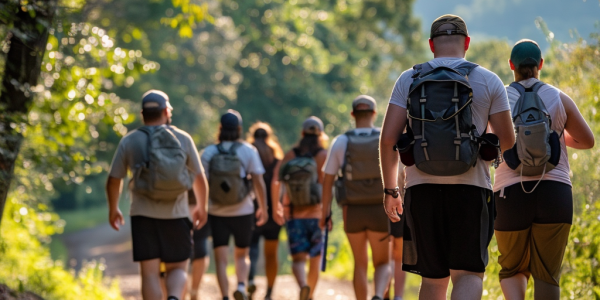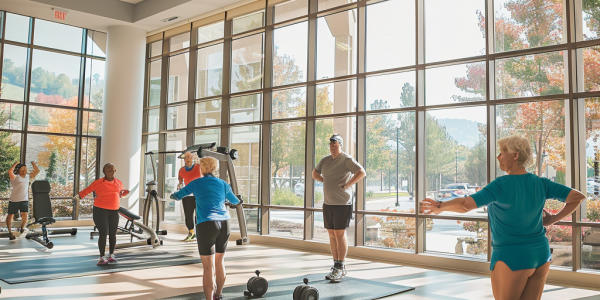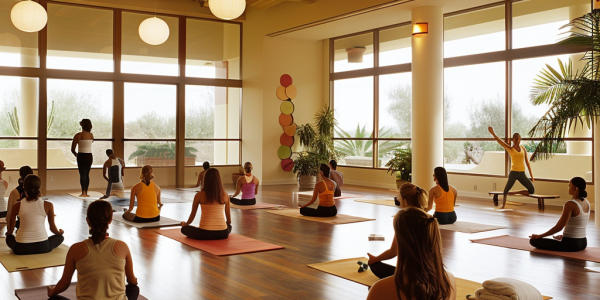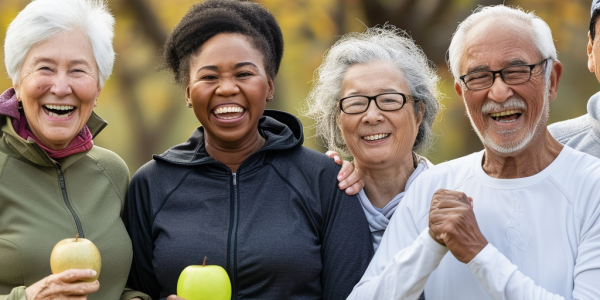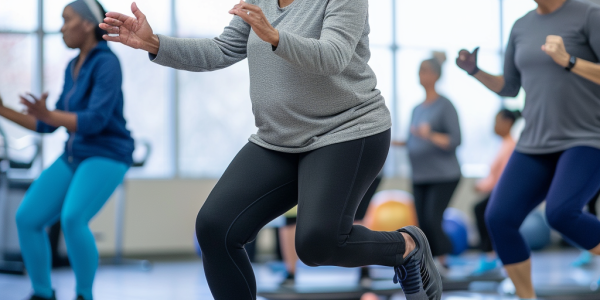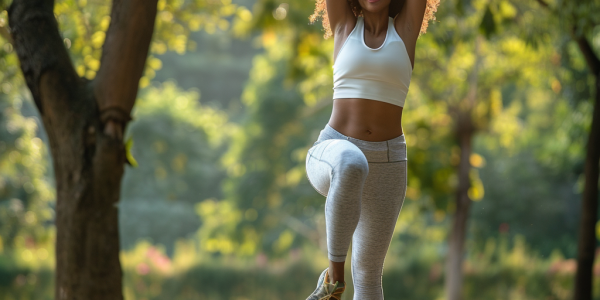Can a 150-Second Workout Really Transform Your Fitness?
Discover the effectiveness of the new 150-second workout trend that’s taking the fitness world by storm. This quick, high-intensity routine promises to help you achieve your fitness goals in just two and a half minutes. Experts discuss its role in a balanced fitness strategy, emphasizing the importance of combining active exercises with walking for long-term health benefits.
Expert-Approved Walking Workouts for Better Health
Discover the health benefits of walking with expert-approved workouts! From aiming for 10,000 steps a day to 30-minute daily walks and interval training, learn how to enhance your heart health, manage weight, and boost your mood. Incorporate these walking strategies into your routine for a healthier lifestyle.
Rucking: The Accessible Fitness Trend Transforming Workouts
Discover the rising trend of rucking, a simple yet effective fitness method that combines walking with a weighted backpack. Ideal for all fitness levels, rucking enhances strength and endurance while fitting seamlessly into busy schedules. Learn how to get started, the health benefits, and the community aspect of this accessible workout.
Jacob Meyer Joins UW–Madison as New Kinesiology Professor
The University of Wisconsin–Madison welcomes Jacob Meyer as an Assistant Professor in Kinesiology, specializing in exercise psychology. With a strong academic background and a focus on behavioral interventions for mental health, Meyer aims to enhance understanding of exercise’s impact on mood and well-being. His return to UW–Madison marks a significant addition to the faculty, promising innovative research and community engagement.
Strength Training: Key to Senior Health and Independence
Strength training is essential for seniors to maintain muscle mass, enhance mobility, and reduce injury risks. Personal trainers emphasize tailored routines that improve balance, coordination, and overall health. Engaging in exercises like dumbbell squats and chair squats can significantly benefit older adults, promoting independence and improving mental well-being. As fitness programs evolve, they increasingly cater to the unique needs of seniors, encouraging active lifestyles and better health outcomes.
New Warm Yoga Class Launches for Back Pain Relief
Discover the benefits of warm yoga for back pain relief in our upcoming class launching on July 26th. Designed to strengthen your core and enhance spinal health, this class offers targeted poses that promote relaxation and reduce muscle tension. Join us for a free first class with code FREEH24 and experience a holistic approach to wellness. Don’t miss this opportunity to improve your health and manage back pain effectively!
Light Physical Activity Improves Chances of Healthy Aging, Study Finds
New research suggests that light physical activity, like housework, can boost healthy aging. A study of 45,176 participants found that 2 hours of TV daily decreased healthy aging odds by 12%, while 2 hours of light activity increased them by 6%. Researchers stress the importance of combating sedentary behaviors for overall health.
The Importance of Staying Active as We Age
Learn about the importance of staying active as we age, as recommended by Australia’s physical activity guidelines for individuals aged 65 and older. Discover how regular exercise can improve cardiovascular health, muscle strength, flexibility, and mental well-being. Find out how engaging in sports activities can bring joy, social connections, and overall well-being to older adults. Consult with a healthcare provider or fitness professional to tailor an exercise plan that suits individual needs and abilities. Embrace the benefits of staying active at every stage of life for healthy ageing and a higher quality of life.
Exercise Reduces Nerve Damage from Chemotherapy, Study Finds
A recent study by researchers from the University of Basel and the German Sport University Cologne found that physical exercise can significantly reduce nerve damage during chemotherapy treatments. Patients who engaged in exercise alongside their chemotherapy experienced a 50 to 70 percent reduction in nerve damage, leading to improved quality of life and lower mortality rates. Integrating simple exercises into cancer treatment regimens may help mitigate side effects and enhance post-treatment recovery for patients.
The Joy of Movement: How Exercise Can Boost Happiness and Mental Well-Being
Discover the powerful connection between movement and happiness with psychologist Kelly McGonigal. Learn how exercise triggers the release of ‘hope’ molecules that can positively impact mood and mental health. Embrace physical activity as a tool for self-care and empowerment to boost your overall well-being.

